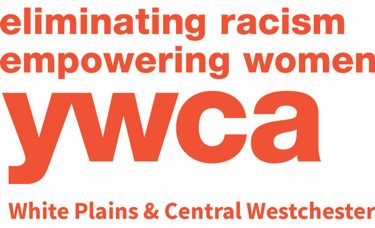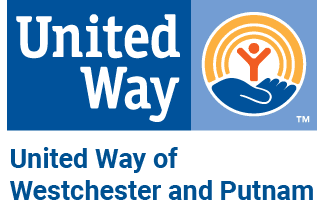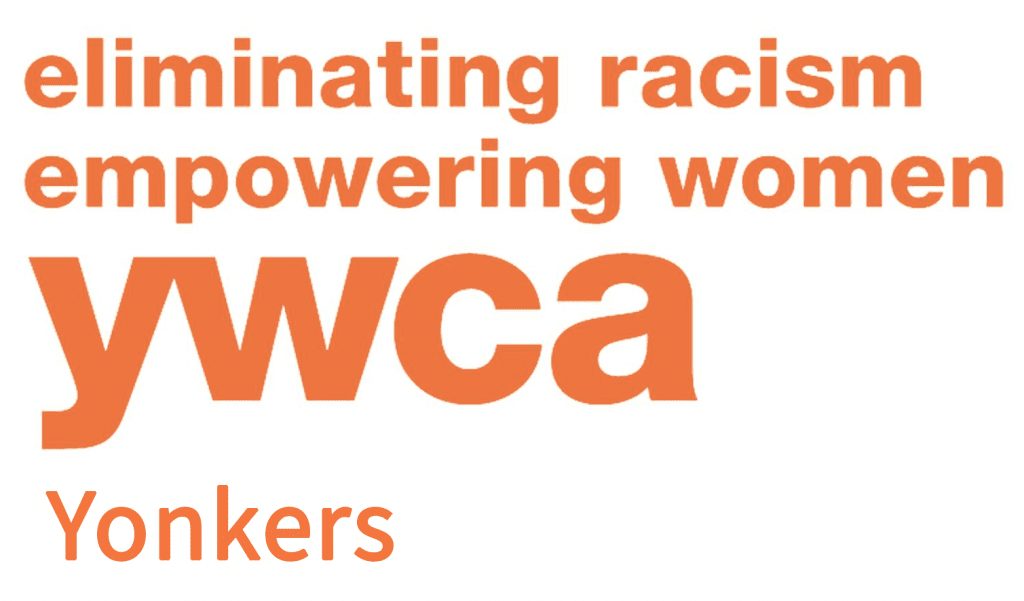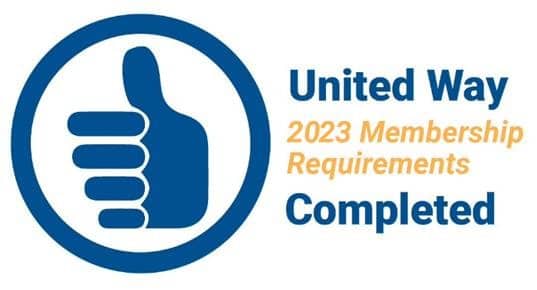
DAY 14: SEGREGATION, REDLINING, AND HOUSING INEQUITY

That enormous disparity … is entirely attributable to unconstitutional federal housing policy practiced in the mid-20th century that has never been remedied.
RICHARD ROTHSTEIN
Author on race, education and policy
Homeownership remains a primary way for Americans to build wealth. However, according to the Center for American Progress, “For centuries, structural racism in the U.S. housing system has contributed to stark and persistent racial disparities in wealth and financial well-being, especially between Black and white households.” Intentional practices like redlining and exclusion from federal housing programs ensure that regions across our country, including Westchester County, continue to be residentially segregated.
According to the NYS 2020 ALICE Report, in Westchester County, the communities with the highest ALICE rate (those living in poverty or paycheck-to-paycheck) also have a disproportionate number of Black or Hispanic households as compared to those communities with a low ALICE rate.

Read “Wells Fargo Rejects Half Its Black Applicants in Mortgage Refinancing Boom” (5 minutes)
Find out about a new initiative in Yonkers that is helping BIPOC individuals obtain homeownership.
Watch this short video to learn about the history of “Housing Segregation and Redlining in America.” (7 minutes)
Segregation expert Richard Rothstein debunks the American myth that white and Black people live separately by choice and discusses how U.S. law and policy has perpetuated segregation. (9 minutes)
Westchester County’s segregation issues become a presidential political issue in 2020. Listen to ‘Westchester Was Ground Zero’: Suburban Segregation Enters The Presidential Race
These articles were curated by a local committee to be used as a list of resources pertinent to DEI topics. The 21-Day Social Justice & Equity Challenge Committee would like to thank and give attribution to those who created the content above, which reflects their individual perspectives. We do not support nor endorse any advertisements associated with the above content.
Reflect
How did today’s challenge make you feel? What is something you learned today?
Take a moment to consider the neighborhood where you live, where you shop, where you work, where you or children in your life go to school, and the places you frequent. How integrated or segregated are they? How often are you in the majority/minority?
Consider where you live. How has your family background influenced that? How have laws and policies influenced that?
What material from today do you still have questions about or want to learn more about? What are ways you can further explore those questions?
The 21-Day Social Justice & Equity Challenge




336 Central Park Avenue
White Plains, NY 10606
914.997.6700
Privacy Policy
Board Portal
Career Opportunities

